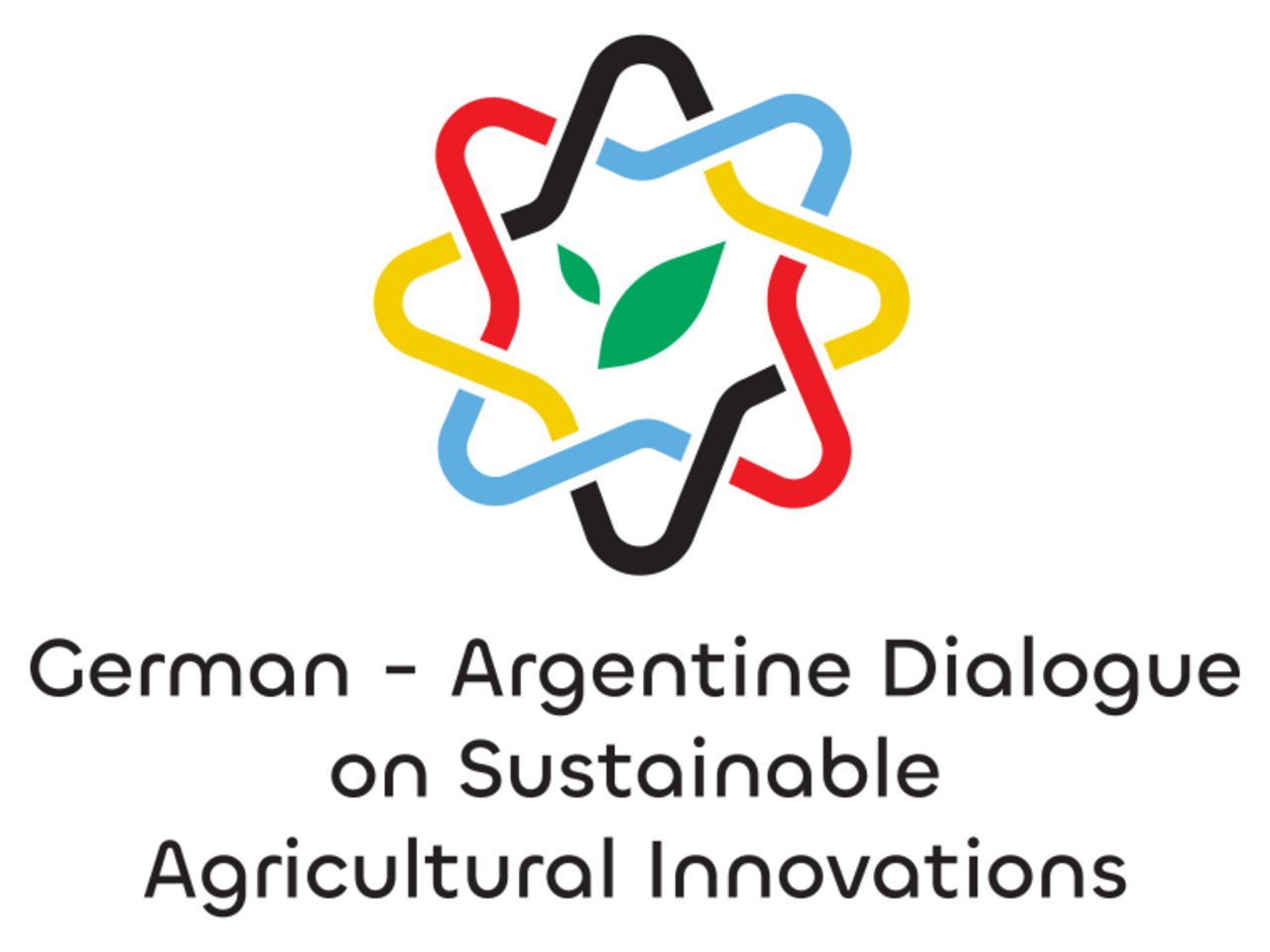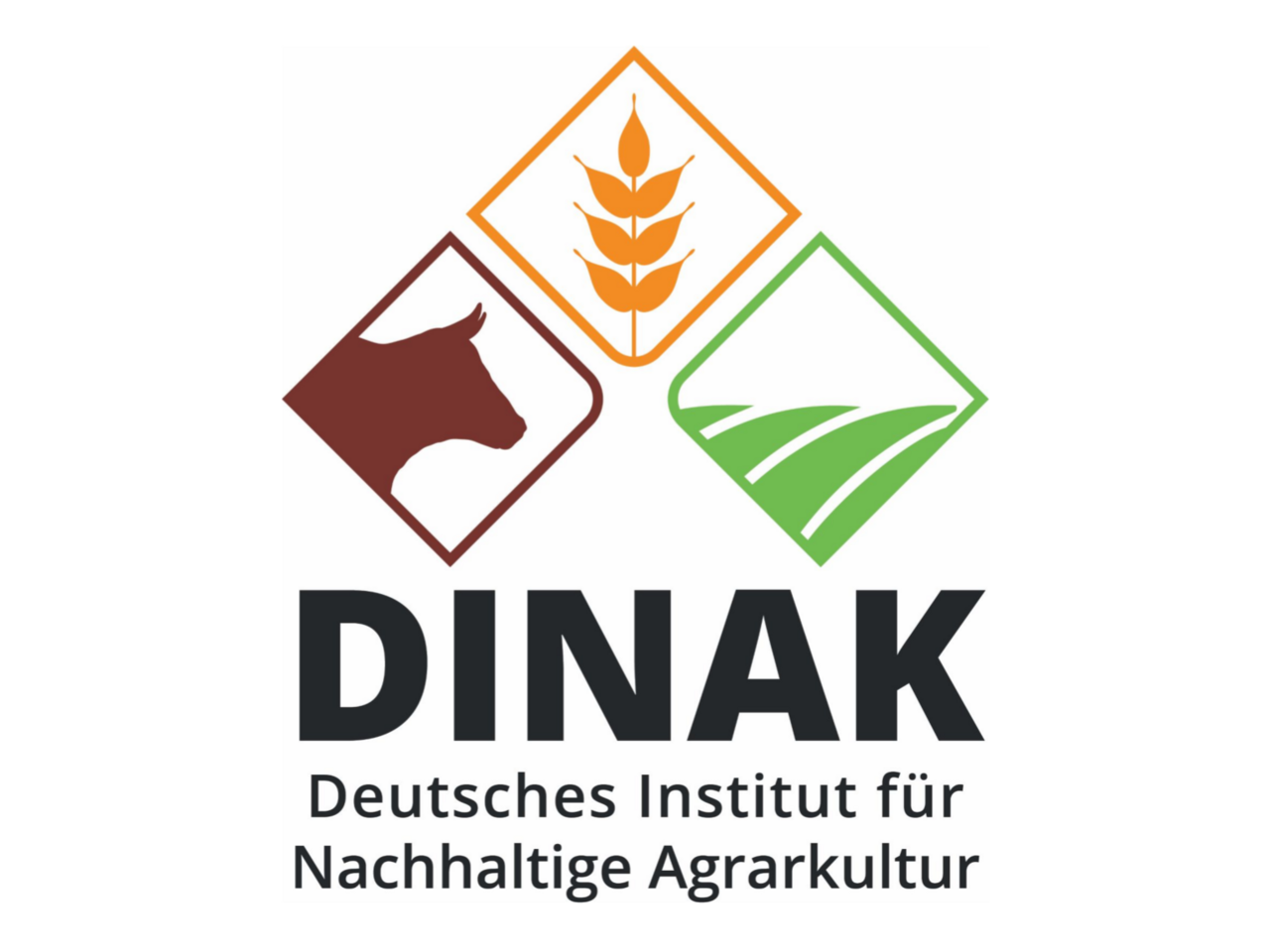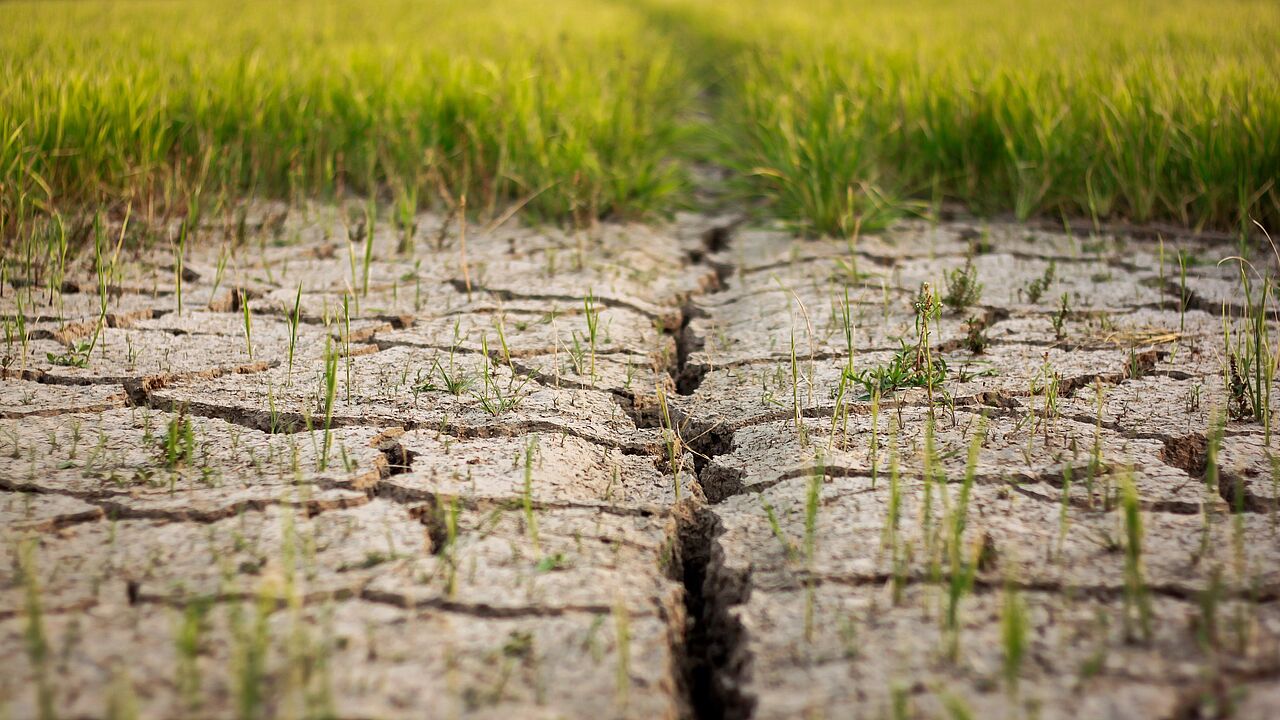
Soils and biomass, along with the oceans, are the most important carbon sinks. Targeted land management for carbon sequestration or carbon farming has the potential to remove large quantities of greenhouse gases from the atmosphere and to bind them in organic matter. This can not only contribute significantly to mitigating climate change, but also improve the fertility and water storage capacity of soils and other ecosystem services.
Carbon farming uses various methods such as forestry and agroforestry systems, rehabilitation of peatlands and ecosystems, conservation tillage and the use of mulch, compost and organic fertilisers. However, as these methods are often associated with additional operational costs, policy frameworks are needed to ensure that climate services are remunerated.
Science assumes that the carbon content of agricultural soils will decrease due to climate change, so that appropriate measures must also already be implemented to preserve organic matter in the soil.
To promote carbon farming, we support farms in implementing measures and drawing up carbon footprints. At the same time, we advise political actors on the design of incentive systems. We also address carbon farming in training courses and knowledge platforms for experts in the agricultural sector.






